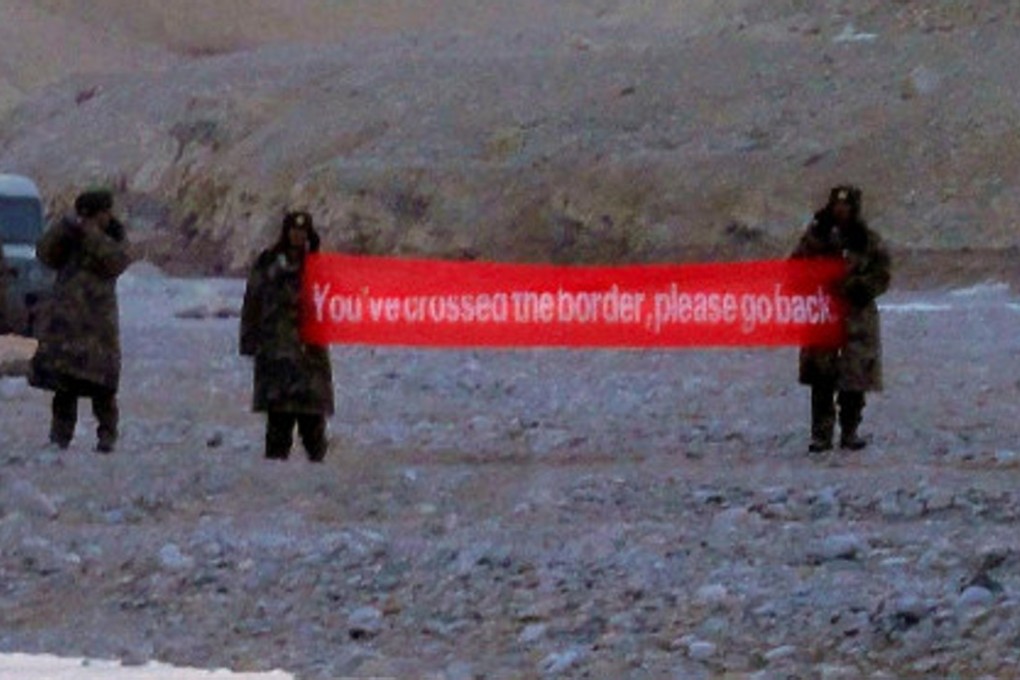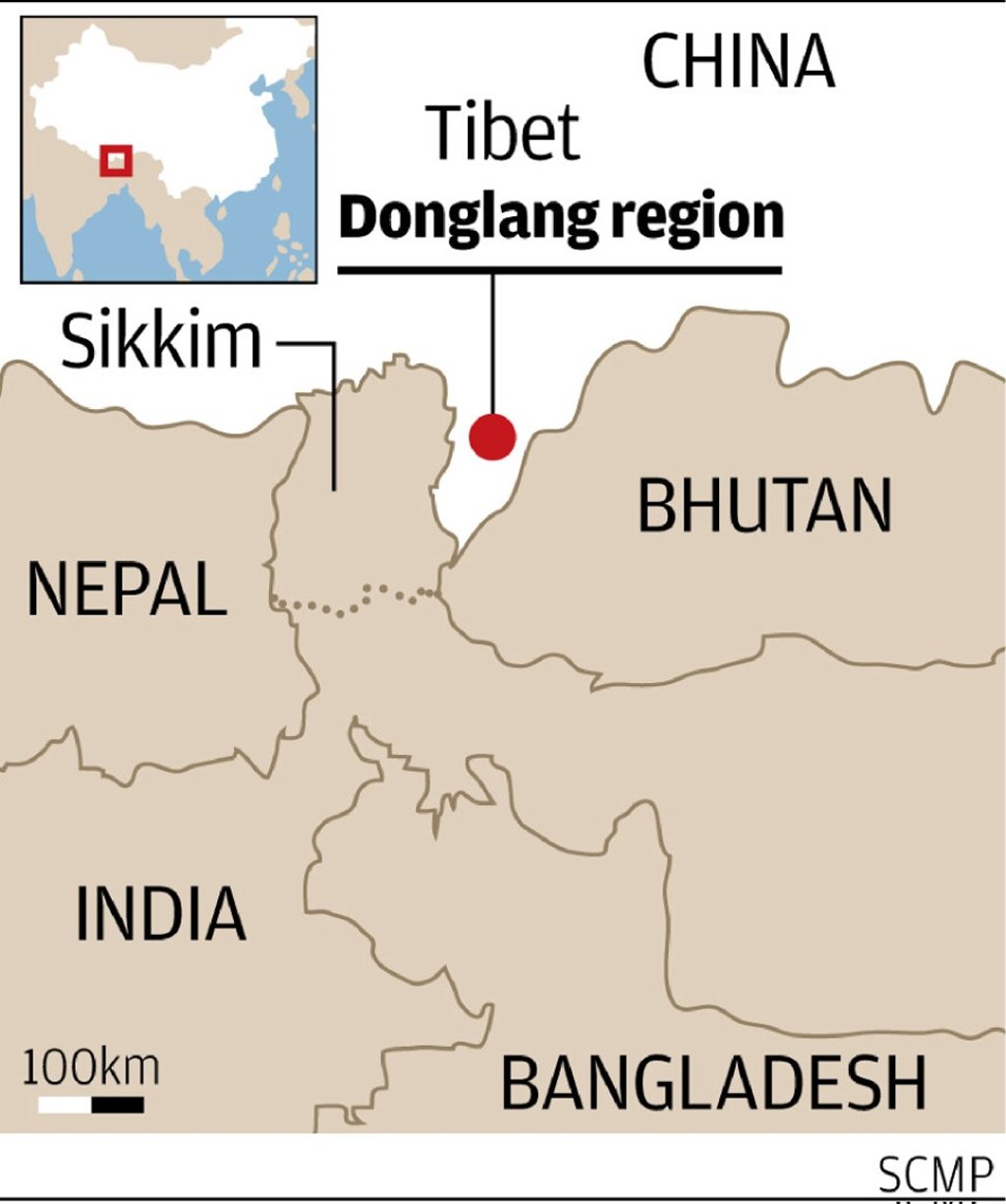China is being ‘unusually aggressive’ in border row
Indian diplomat adds that New Delhi wants diplomatic settlement to dispute involving Bhutan

A top Indian diplomat said China is being unusually aggressive in a month-old border dispute with India that shows no sign of easing, media reports said yesterday.
Beijing has given virtually daily warnings to its neighbour over the deadlock on a remote Himalayan plateau, where Indian and Chinese troops have been in a tense face-off.
Foreign Secretary Subrahmanyam Jaishankar told lawmakers in a closed briefing on the dispute that India wanted a diplomatic settlement, the reports said.
“Jaishankar told us that China’s aggression and rhetoric on the recent stand-off is unusual,” said a member of the parliamentary panel at Tuesday’s briefing.
“We will continue to engage with them through diplomatic channels,” the foreign ministry number two was quoted as saying by the Press Trust of India.
